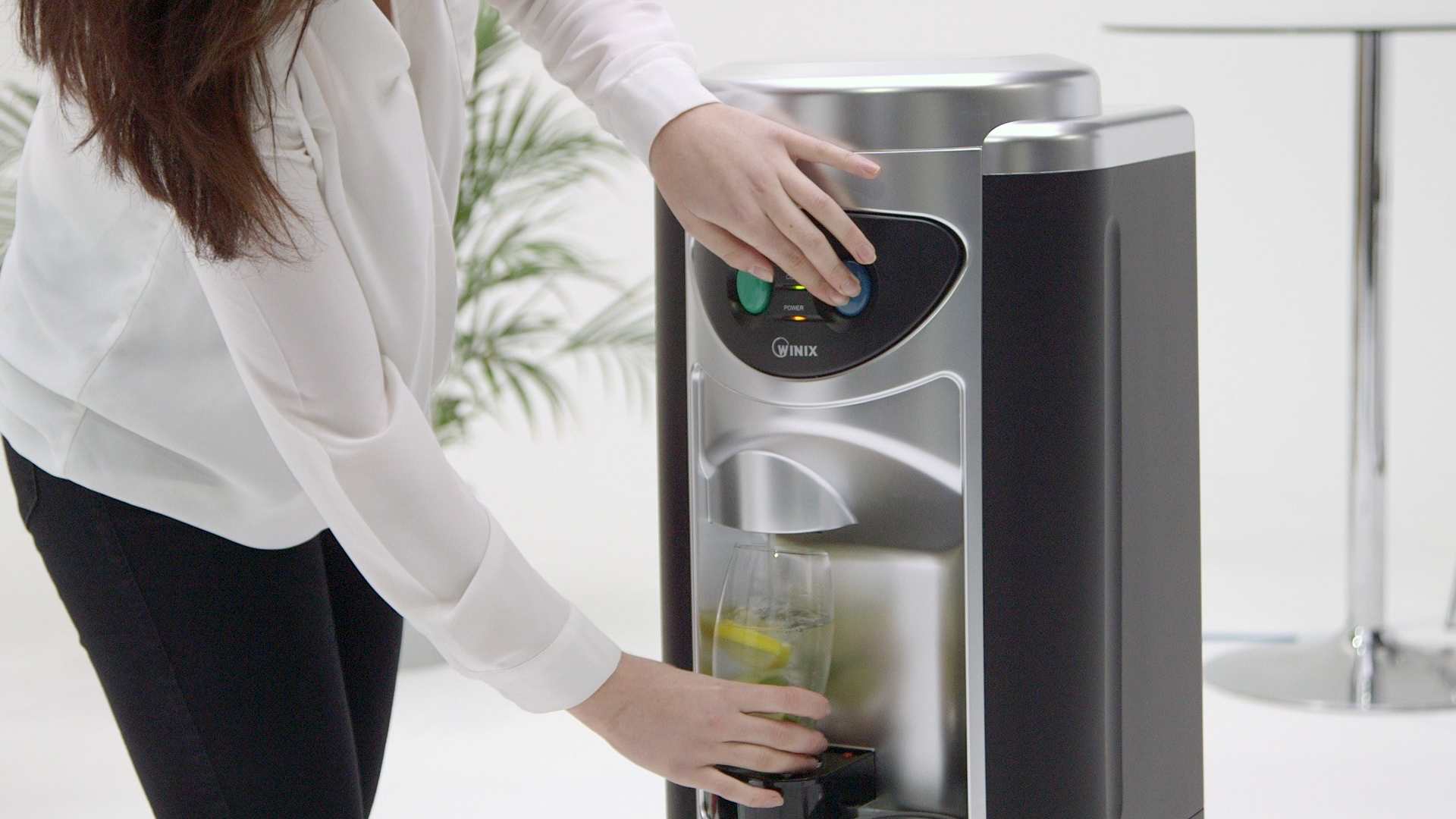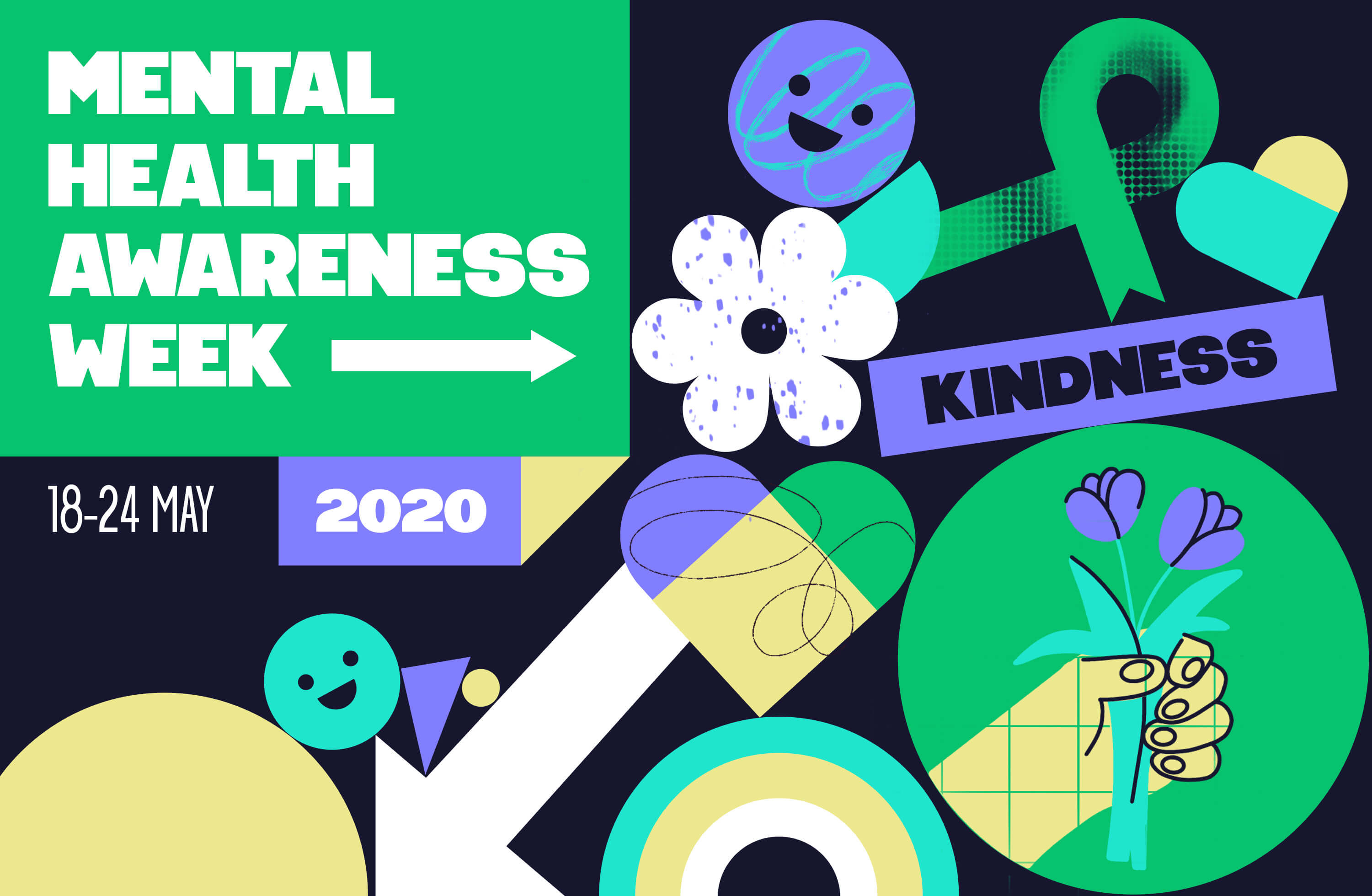Why hydration is good for mental health
This week is Mental Health Awareness Week and our thoughts turn to ways in which we can help people cope and feel better for wellbeing. The most common conditions relating to mental health range from anxiety, depression, bipolar and eating disorders to schizophrenia and addiction.
Depression is more than just feeling sad and can affect anyone at any age and from any background. It is a serious illness that is caused by brain chemistry. Many factors can contribute to imbalances in brain chemicals including genetics, medical conditions, changes in hormone levels and stress.
Understanding mental health
There are both physical and emotional symptoms of mental health depression that range from low self-esteem to feeling anxious and worried. Poor sleep patterns, no energy and motivation, feeling sad and low mood also a diminished or increased appetite.
At the other end of the spectrum thoughts can turn to self-harm and people taking their own lives. For every 100 people suffering from depression, 17 have suicidal thoughts and 1 in 3 people harm themselves. It is widely known that suicide is the biggest killer in males under 50. The charity Papyrus is a useful helpline https://papyrus-uk.org.
Developing a better understanding of depression and mental health will help reduce the associated stigma and encourage those suffering to seek support. It is very hard to prevent depression but there are some things that can be done to promote a healthy mind.
Be sure to get enough sleep and exercise regularly, perhaps also take up a hobby or interest. Eat a healthy and balanced diet and drink plenty of water to stay hydrated.
Why water helps with wellbeing
Food and drink does affect mood. By exploring yourdiet you can gain tips for improving your mental wellbeing through healthy eating. Good hydrationis also vital. If you don’t drink enough fluid, you may find it difficult to concentrate or think clearly. Your digestive system can also become sluggish and puts no one in a good mood.
Water is a cheap and healthy option and it is recommended that you drink between 6-8 glasses of fluid a day. Tea, coffee, juices and smoothies do count towards your intake but be aware that these also contain caffeine and naturally occurring sugars
Research has shown that the greater the water consumption, the better the mood. Tension, depression and confusion all decreased when water intake went up. Mood improved, as well as energy levels and satisfaction. To prove this point the researchers monitored those who regularly drank plenty of water to decrease their intake. As a result the low water intake led to worse moods, more headaches, confusion and tiredness.
Keeping hydrated is very important to us all. If you suffer with anxiety and stress, getting even a little dehydrated can cause feelings similar to panic: dry mouth, flushing, light-headedness, headache etc.
Getting enough fluid may not cure stresses, but it can at least stop an unnecessary panic due to dehydration. We know that water is best, so try to drink enough every day. Try avoiding alcohol, caffeine and fizzy drinks as they can have the opposite effect.
By the time we become thirsty, experts suggest that it is too late to avoid many of the effects of dehydration.
Wellbeing while working
You may be working from home or back with your employer, either way wellbeing is about ensuring that we do all we can to stay safe, healthy and happy whatever we are doing and this is especially crucial during the corona virus pandemic.
Often, we are connected with some form of stress during our work. Staying healthy and alert is key for maintaining both morale amongst the team and achieving healthy productivity levels. Simply put if you are happy in your job, you will be motivated to do a good job and also be contented.
So how do we help ensure that we come into work with the best attitude possible? It’s not rocket science, but it is also surprising to learn that so many offices and other establishments are still falling short in tackling the issues of
By ignoring thirst pangs, we risk nausea, headaches, overall lethargy and even kidney damage in the long run. Irritable workers are not happy workers and by not encouraging your team to drink water throughout the day, it has shown that dehydration does affect our mental, mood and cognitive state.

Install a plumbed in water cooler or fountain in the breakout area and a couple around the busier parts of the workplace, especially as we have to social distance and avoid gatherings, and there will soon be a marked improvement in all areas of the business. Coolers serve up chilled, pure tasting, filtered water that quenches thirst and helps achieve the ‘8 glasses a day’ guideline.
Good for your team and also the environment. By filling a reusable bottle it helps cut buying single-use plastic bottle pollution. Whether you opt for water coolers, self-fill fountains or instant KettleTaps, hydration is vital for health and wellbeing, positively affecting you both mentally and physically.





